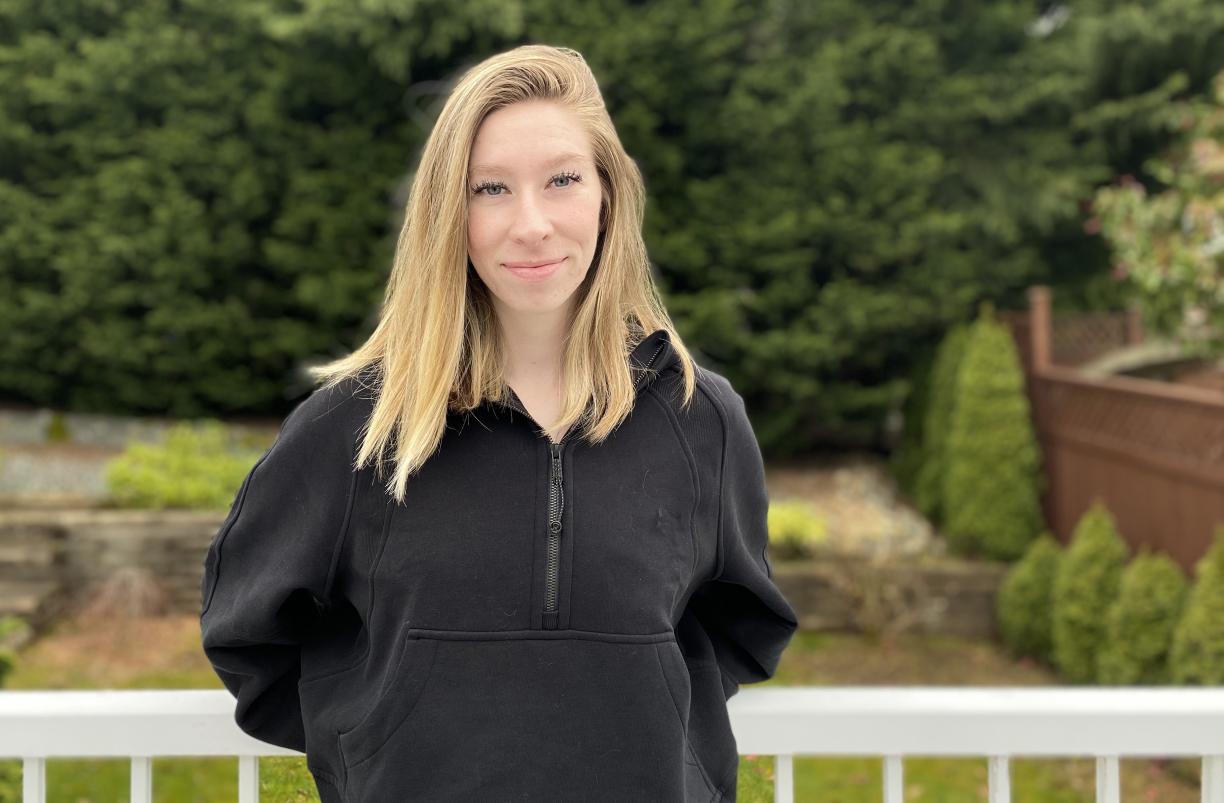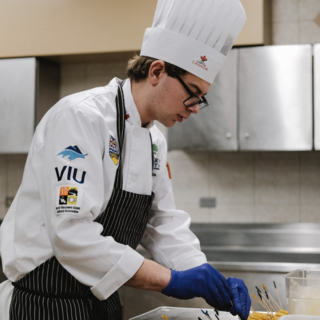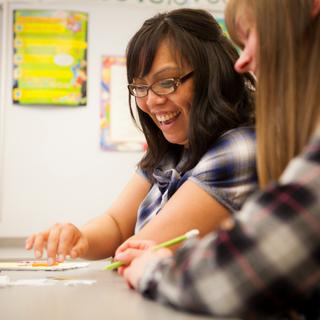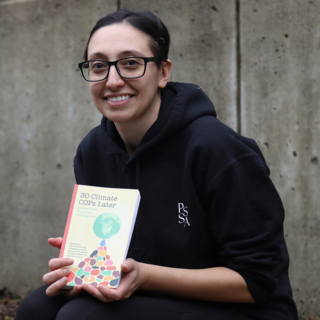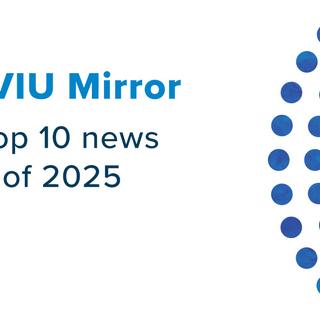Students in VIU’s Child and Youth Care program didn’t let physical distancing get in the way of developing activities that support children, youth and families in their communities this year.
Over the years, students in Vancouver Island University’s (VIU’s) Child and Youth Care (CYC) program have built strong connections with community agencies that help children, youth and families who are dealing with challenges or obstacles to healthy living.
“Field experience is an integral part of the program, but COVID-19 put a halt to in-person practicum opportunities, where students gain workplace skills,” says Cheryl Cameron, VIU CYC Practicum Coordinator. “The students grappled with the loss of those unique personal involvements, but they came together and found ways to mobilize and make things happen despite the pandemic.”
Working alongside community agencies across Vancouver Island and even one in North Carolina, six teams consisting of five students each turned their ideas into a variety of activities and initiatives tailored to the specific needs of the organizations and the people they support.
A youth being supported by Nanaimo and Area Resource Services for Families (NARSF) expressed a love for making music. Fourth-year student Alexis Comeau connected them with an individual in Nanaimo who taught them how to create music in a studio setting.
“We were able to present them with an opportunity they may not otherwise have had, and it helped them with making goals and feeling successful,” she says.
Fourth-year student Nathan Lowe has worked in child and aboriginal services agencies for the past 10 years, including this past year at Kw’umut Lelum Child and Family Services in Nanaimo, while studying at VIU. He says working through the pandemic restrictions has broadened his connections with other agencies and his knowledge of the services they provide. It also presented him with an opportunity to bridge Indigenous perspectives with their work experience partner NARSF.
“I will facilitate a workshop on emotional regulation for the youth at NARSF and that will ladder into a person taking the youth on a medicine walk to harvest the ingredients to make a tea that is good for individuals in recovery. They will also talk about spiritual wellness,” says Lowe.
NARSF Program Manager Cara May says despite the unique challenges for innovative engagement this past year, collaborations with the CYC practicum team have provided meaningful program development for their youth programs, including the Transitions Substance Use Skills Based Day Program.
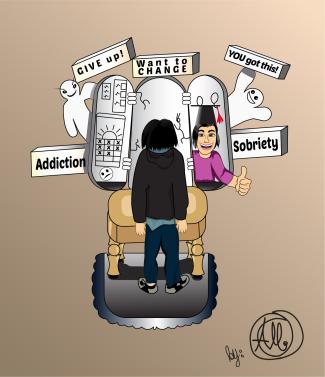
Artist rendering of the Transitions Substance Use Skills Based Day Program. Courtesy of Alex G
“Thanks to the knowledge and resources shared by students, we were able to incorporate their ideas for weekly outdoor programming, music workshops, Indigenous teachings, art activities and much more,” she says. “At NARSF Programs we provide space for the implementation of theory to practice and we are grateful for the opportunity to work alongside students as they find real-world applications of best practices.”
Lowe and Comeau both say the transition to an online learning format and practicum has been difficult and often left them feeling exhausted and somewhat defeated.
“Despite my initial resistance and frustration, being able to engage weekly with each other over Zoom has been rewarding in a very different way than I was expecting,” says Comeau. “It created a broader support network among our groups and with our mentors and it forced us to be creative in our efforts to make a difference in the lives of the youth these programs support.”
“What’s important to me is to deliver something that speaks to integrity and follow through,” says Lowe. “I think that’s what the youth need at this point in their lives, some regularity in these times right now, something that they know that they can rely on. And I think NARSF does a good job of making sure that the youth are getting what they need, and it feels good to be a part of that.”
To learn more about this unique course, come to the next Child and Youth Care Information Session, which takes place on Wednesday, March 17.
-30-
MEDIA CONTACT:
Annette Lucas, Communications Officer, Vancouver Island University
C: 250.618.7296 | E: Communications@viu.ca
Nanaimo Aboriginal Centre
Nanaimo Area Resources Services for Families
Nanaimo Family Life Association
Nanaimo Foodshare
Literacy Central Vancouver Island
Pivot Point Wilderness North Carolina

